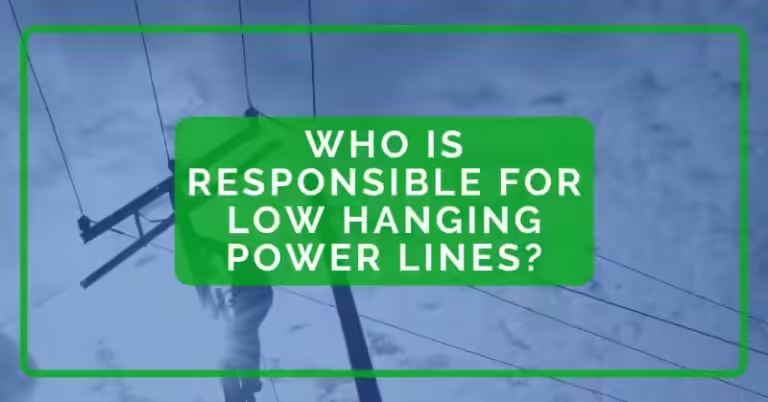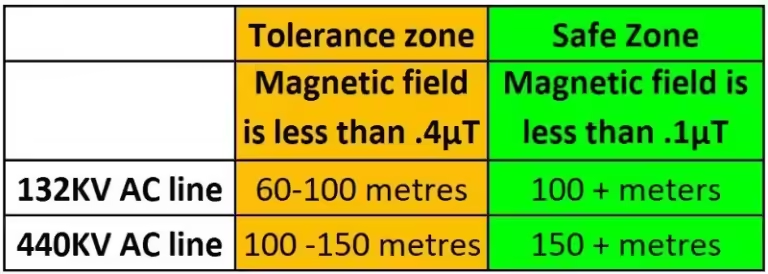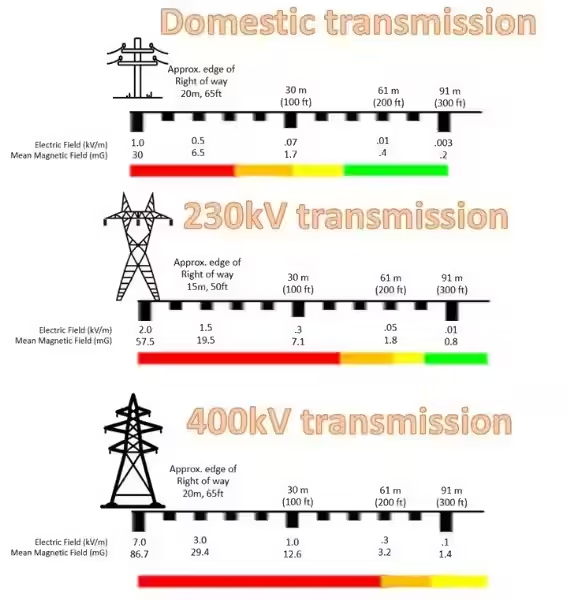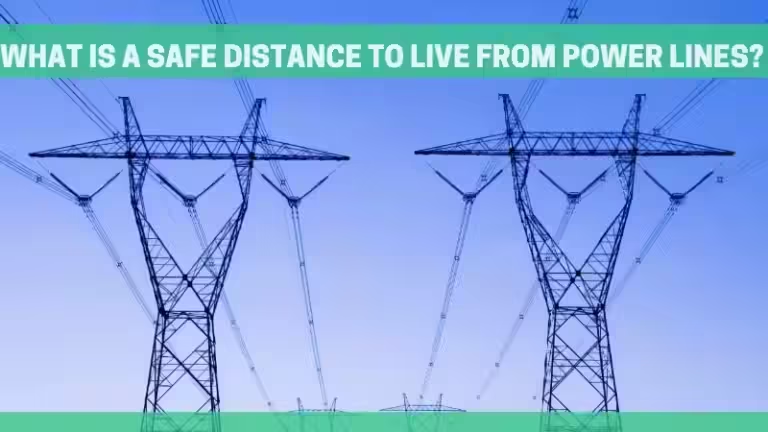Navigating the Complex World of Power Line Responsibility
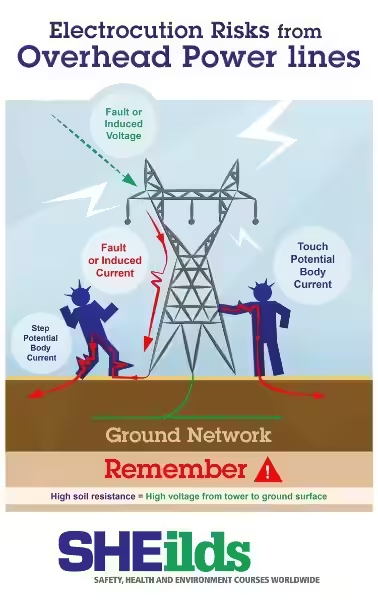
When a tree takes a tumble and damages your power lines, it's easy to feel overwhelmed. You're probably wondering, "Who's responsible for fixing this mess?" The answer isn't always simple, and it can vary depending on several factors. This article will guide you through the often-confusing world of power line responsibility, explaining what you can expect and what you're responsible for.
Who’s on the Hook: Unpacking Power Line Responsibility
Let's break it down. The power company, typically a utility company, is usually responsible for maintaining the power lines that run from their grid to your home. This includes repairing any damage caused by external factors like falling trees, storms, or accidents. However, this responsibility doesn't always extend to repairs beyond the electrical system itself.
Imagine a scenario where a tree falls on your power lines, causing damage not only to the electrical wiring but also to your siding. You may be tempted to assume the power company is responsible for fixing everything, but that's not necessarily the case. While they are responsible for the electrical components, they may not be liable for damage to your home's exterior.
Beyond Electricity: Understanding Scope of Responsibility
The power company's responsibility typically ends where their electrical system ends. This means they are responsible for repairing any damage to the power lines themselves, but not for damage to your home's structure, siding, or other non-electrical components. For example, if a falling tree knocks out your power and damages your siding, you'll likely be responsible for the siding repairs, while the power company will handle the electrical work.
However, there are some exceptions. If the damage to your home is a direct result of the power company's negligence, such as faulty equipment or improper installation, they may be held liable for the repairs. This is where communication and documentation are crucial. Keep a record of all interactions with the power company, including dates, times, and what was discussed. This documentation can be invaluable if you need to pursue legal action.
Taking Charge: Your Responsibilities
While the power company has its responsibilities, you also have a crucial role to play in maintaining the safety of your home and property. Here are some key responsibilities you should be aware of:
1. Tree Maintenance: Preventing Future Damage
One of the most important things you can do to prevent damage to your power lines is to maintain the trees on your property. Regularly trim branches that could potentially fall on the lines, and consider removing any trees that are too close to the power lines. This proactive approach can help prevent future incidents and minimize the risk of costly repairs.
2. Identifying Potential Hazards: Staying Vigilant
Be vigilant about potential hazards. If you notice any damaged or sagging power lines, immediately contact your power company. They have specialized crews trained to handle these situations safely and efficiently. Don't attempt to repair or touch power lines yourself; it can be extremely dangerous and even fatal.
3. Homeowner Insurance: Shielding Yourself from Unexpected Costs
Your homeowner's insurance policy can be a lifesaver in situations like this. Before you even encounter an incident, carefully review your policy to understand what's covered. Most policies cover damage to your home and belongings caused by storms, falling trees, and other perils. However, insurance policies can vary, so it's essential to have a clear understanding of your coverage.
Navigating the Process: Tips for Smooth Repairs
Dealing with power line damage can be stressful. Here are some tips to help you navigate the repair process smoothly:
1. Contact the Power Company: Prompt Action is Key
As soon as you discover damage to your power lines, contact your power company immediately. They will send a crew to assess the damage and determine the extent of repairs needed. This early communication is crucial for ensuring the safety of your home and property.
2. Document Everything: Protecting Your Interests
Keep detailed records of all interactions with the power company, including dates, times, conversations, and any photos or videos you take of the damage. This documentation can be helpful if you need to file a claim with your insurance company or if you need to pursue legal action later.
3. Seek Professional Assessment: Ensuring Safety
If you suspect structural damage to your home, it's essential to have it inspected by a qualified structural engineer. They can assess the extent of the damage and recommend necessary repairs to ensure the safety of your home.
4. Be Proactive: Communicate Clear Expectations
Clearly communicate your expectations and concerns to both the power company and your insurance company. Document your conversations and any agreements reached in writing. This proactive approach can help prevent misunderstandings and ensure a smoother repair process.
Beyond the Repairs: Learning from Experience
Dealing with power line damage can be a stressful experience, but it can also be a learning opportunity. By understanding your responsibilities and taking the right steps, you can minimize the impact of future incidents and protect your home and property. Remember, safety is paramount. Always prioritize your well-being and seek professional advice when needed.
Frequently Asked Questions About Power Line Responsibilities
What are the power company's responsibilities when a tree damages power lines?
The power company is generally responsible for repairing damaged power lines and restoring service. However, their liability for other damages, such as siding or structural damage, might vary depending on local regulations, the specific circumstances of the incident, and the terms of your service agreement.
Am I responsible for repairing damage to my home caused by a tree falling on power lines?
Your responsibility for repairs beyond the power lines themselves will depend on several factors, including the cause of the tree falling, your insurance coverage, and the extent of the damage. It's essential to contact your power company and insurance provider to understand your obligations and potential coverage.
What if the power company is responsible for the damage to my home?
If the power company is found to be responsible for causing or contributing to the damage to your home, you may be able to file a claim with them or pursue legal action to recover compensation for repairs. This process can be complex, and it's recommended to consult with a legal professional for guidance.
What should I do if a tree falls on my power lines?
First, prioritize your safety and avoid any contact with downed power lines or fallen trees. Contact your power company immediately to report the incident and request repairs. It's also advisable to contact your insurance company and document the damage with photographs and a written account.

